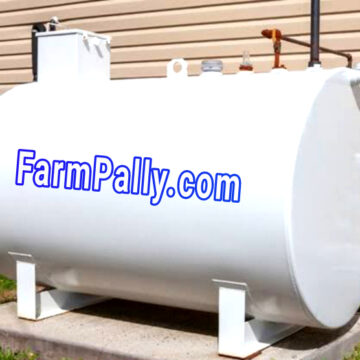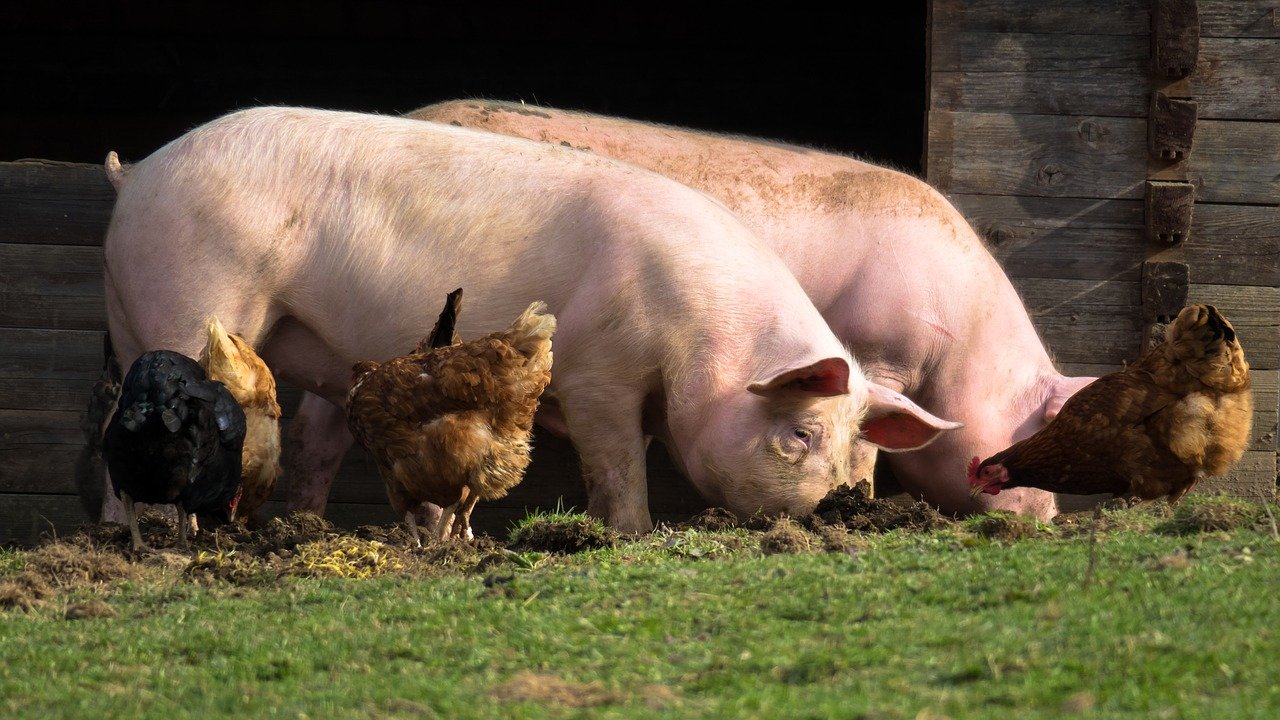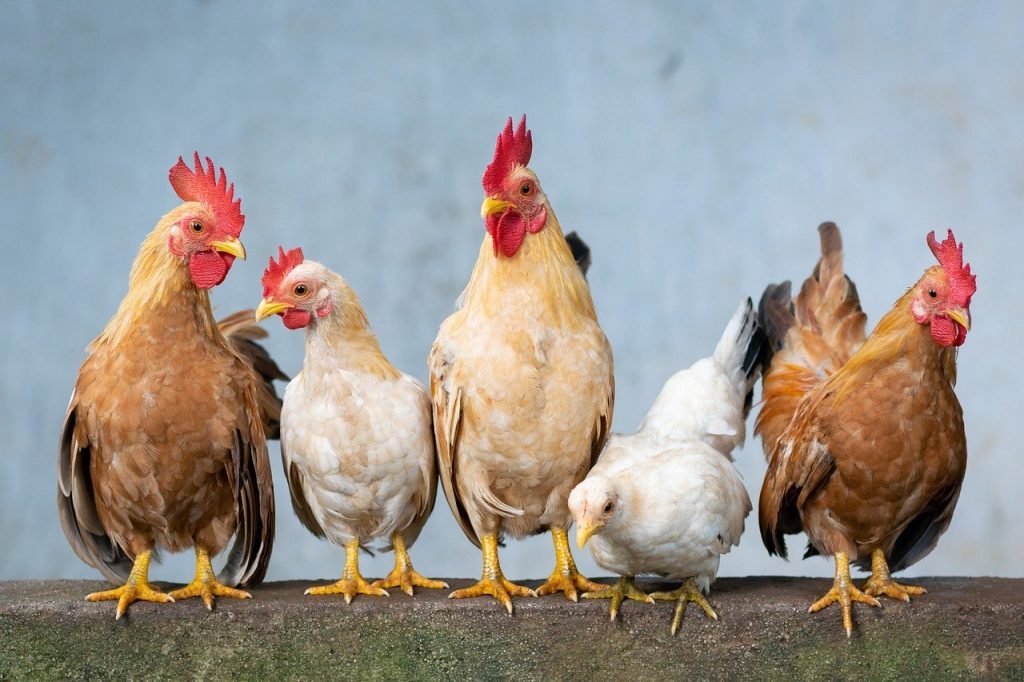What is Poultry Disease?
A poultry disease can be defined as a departure from the normal health status of chicken(s).
Poultry disease outbreak is an unpleasant occurrence that poultry farmers do experience in one time or the other.
However, proper management and adequate sanitation measures can help in preventing diseases.
Certain diseases in chicken can occur at a particular age of their life.
Similarly, hereditary factors, poor immune status, malnutrition, harsh environmental factors, poor management, etc. can contribute to the incidence of diseases among chickens.
General symptoms of Diseases in Poultry
Most chicken diseases are characterized by one or a couple of symptoms.
Once a farmer notices the symptoms, he should consult the vet immediately and manage it before going out of hand.
This is because most poultry diseases are communicable, and even for noncommunicable diseases, other birds may get psychological weak seeing other inactive birds around.
Sick chickens can show one or two of these symptoms
- Abnormal droppings.
- inactiveness
- Ruffled feathers.
- A Drop in egg production
- Drooped wings
- Diarrhea
- Nasal/Ocular/Oral discharge
- Closed eyes.
- Sudden death
Poultry Care and Management
Prevention is known to be better, safer, and cost-effective than cure. This is applicable to poultry health management a well.
As a poultry farmer, it’s always better to ensure all the necessary management practices are followed on your farm.
This will help to minimize costs on drugs and veterinary services, maximize your resources, and increase your output.
While some poultry diseases can be prevented through vaccination, others can be treated with drugs.
However, most of the devastating diseases of chicken are better prevented by vaccination at specific age using appropriate vaccines.
Giving vaccines to all your birds, and maintaining good hygiene is the sure bet to high yield in the poultry business.
Some vaccines can even help to boost your chicken immune system.
The vaccination schedule slightly differs from one place to another, therefore, a local veterinarian should be contacted.
Poultry Health Preventive strategy
To ensure healthy and disease-free flock, then poultry disease control and preventive strategies should be employed.
Poultry care and management is nothing technical, you just need to maintain normal hygienic measures.
Understanding the causes of different poultry diseases will also help to prevent them.
The following hygienic measures and management tips should help to keep your poultry healthy.
- A proper sitting of the farm, preferably away from existing poultry houses
- Acquisition of healthy chickens from reputable hatcheries
- Proper design of the house with a foot bath at the entrance
- Birds of the same age and from the same source should be housed together
- Visitors should not be allowed into the poultry house
- All sick ordered birds should be isolated and brought to the attention of a veterinarian
- Regular cleaning and disinfection of all equipment
- Provide balanced feeds obtained from reputable millers
- Clean fresh water should be available always
- Vaccinations should be done promptly on schedule
- Obtain all veterinary drugs and vaccines from reputable sources and use according to veterinary prescription
- After attending to sick birds, bath and disinfect your dressings before attending to healthy birds.
Deworming
The effects of internal parasites on the performance of chicken are enormous – They retard growth and unthriftiness.
Your birds should be dewormed at the age of 8 weeks and 20 weeks using a broad spectrum dewormer that may be prescribed by your local veterinarian.
Veterinary Drug Use
Indiscriminate use of drugs especially antibiotics among the majority of poultry farmers is common.
This is not only a waste of money but also detrimental to the health of the chicken.
Drugs should be used on veterinarian’s advice or as a preventive measure.








